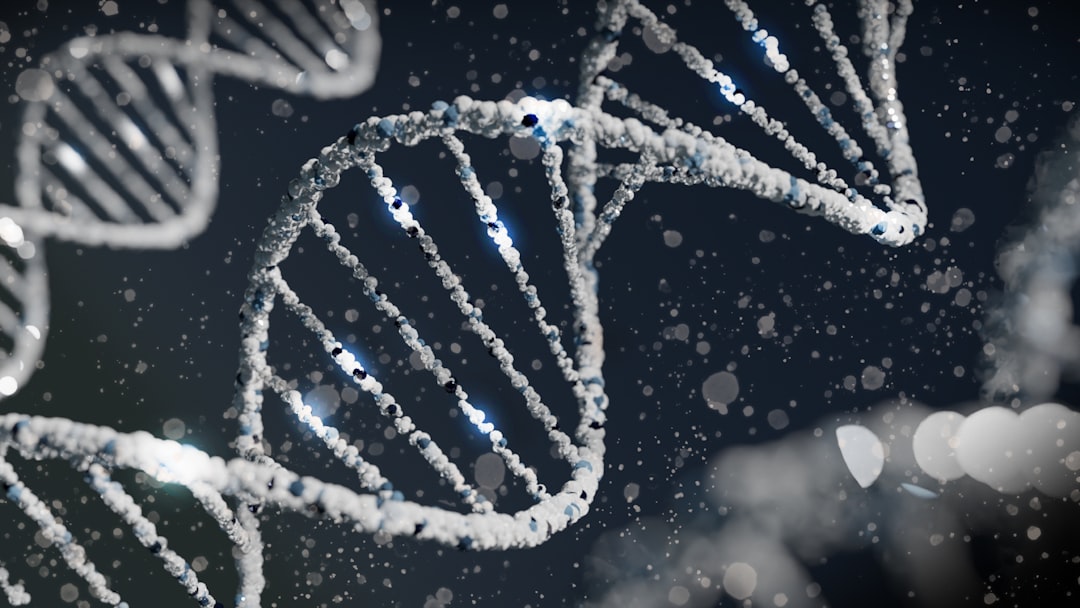What is it about?
N-Acetylcysteine (NAC) is an amino acid. It has been used for treating many mental disorders including addiction and substance abuse, schizophrenia, obsessive-compulsive and related disorders, and depression. This article summarises the latest evidence from systematic reviews and meta-analyses to support its clinical use.
Featured Image

Photo by Imani Clovis on Unsplash
Why is it important?
Much research was done over the past decades on its efficacy. Many systematic reviews and meta-analyses critically reviewed the available evidence. Systematic reviews are the best available evidence to support evidence-based use of a treatment in medicine. This article aims to assist the researchers, doctors, patients, and the general public to understand the available evidence on NAC better.
Perspectives
NAC has increasingly become a popular food supplement for alleviating the impacts of mental conditions. Unlike other psychiatric medications which have many undesirable adverse effects, NAC is safe and without any side-effects. With the supporting evidence on its efficacy to date, It should be considered as a potential treatment to curb the mental health epidemic currently affecting the whole world.
Soo Liang Ooi
Charles Sturt University
Read the Original
This page is a summary of: N-Acetylcysteine for the Treatment of Psychiatric Disorders: A Review of Current Evidence, BioMed Research International, October 2018, Hindawi Publishing Corporation,
DOI: 10.1155/2018/2469486.
You can read the full text:
Contributors
The following have contributed to this page










